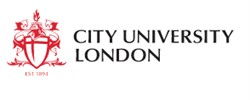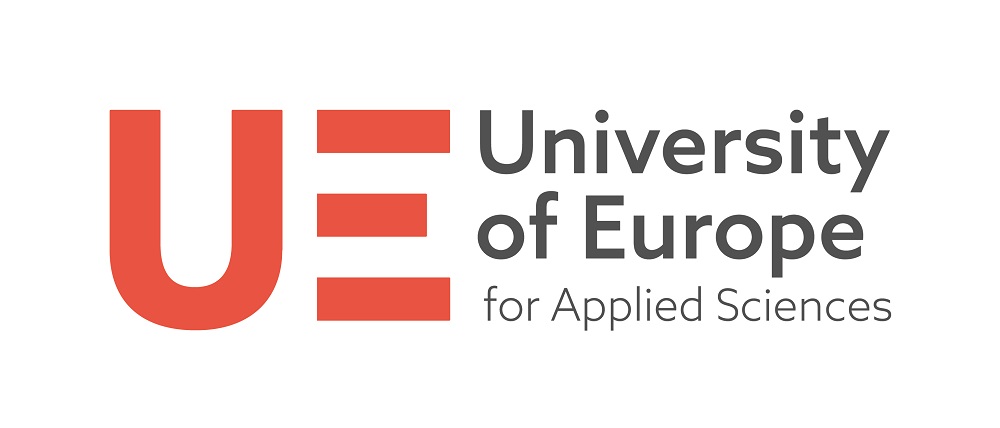About the universities, colleges and institutes in Singapore
All state universities offer programs of degree of the bachelor; and all, except SIT, — postgraduate programmes awarding the degrees of master and PhD.
Attractive to many students is the program developed by the state universities of Singapore, jointly with famous foreign universities — Stanford, MIT, German Institute of Science and Technology, especially when the graduates receive diplomas from two prestigious universities. Widely known examples of such cooperation — Duke-NUS Medical School (Medical school of NUS and Duke University) and Yale-NUS College (College of Humanities of Yale and NUS)
Some Singapore universities, for example, SUSS, has grown to a University from a Polytechnic, and in addition to research programs, which are more suitable to future scientists, has maintained strong vocational programs.
Private universities Singapore
Private universities are treated as local educational institutions and campuses of foreign universities — for example, Rutgers Business School Asia Pacific or INSEAD Asia Campus. Despite the fairly big names, the attitude to private universities with the local people is ambiguous — behind the scenes think of the universities “last chance” where are those who failed to enroll in the more prestigious public universities.
Perhaps this is due to a certain prejudice of employers, many of whom were older people, remaining in more traditional views, even where, indeed, many world-famous foreign universities, campuses which operate in Singapore. In any case, graduates of private universities take to work in Singapore companies are slightly less willing. According to official studies graduates Graduate Employment Survey - 2017 held by the Committee of private education of Singapore, work successfully settled, 84.3% of graduates of private universities 2015-16 and 89.6% of the graduates of state universities.
Affiliated institutions
Affiliated institutions are universities that have programs of foreign universities and was awarded the degree on their behalf — for example, BMC International College, working on behalf of the University of Hertfordshire (UK) or James Cook University Singapore working on behalf of James Cook University (Australia).
Joint colleges, universities, foreign campuses and affiliate institutions is an opportunity to study in the branches of prestigious American and European universities at a significantly more affordable prices. However, it is important to know that the programs and educational activities of private universities in Singapore are not under government control, and before you make a decision about the training they need to be recognized whether their diplomas in those countries and professional areas in which you plan to build a career.
If you need help in choosing the right University and program in Singapore service order your individual choice of University and program.
Colleges and polytechnics — a preparatory stage
In Russia and the CIS countries, secondary education lasts 11 years, and domestic high school diploma will not be sufficient for admission to the University of Singapore, as it is not enough and graduates in the Singapore schools. Most of them receive a document of completion O-level, whereas for higher education requires higher A-Level.
For local residents who want to continue their education in the University there are several ways: two-year study at a Junior College or three years in Polytechnic or College of art.
Students who have graduated from colleges and polytechnics, receive a diploma without degree and can either start a professional activity or to enter the bachelor programs of universities. Programmes of polytechnics is focused on industry and application areas. Here, studying such subjects as, for example, mechanical engineering, biotechnology, nursing, optometry, accounting, tourism management, mass communication.
Diploma Polytechnic allows to read out the modules studied, to shorten the time of the study and, thus, to lower tuition fees — and not only in Singapore but also in many universities in Australia, Britain and New Zealand.
By analogy with local residents, preparation for admission to the bachelor of Singapore for the Russians and students from the CIS countries can become a transfer from the University at home after 1-2. 5 years of training or study in diploma education institutions — polytechnics, most of which accept foreigners. Other training in Singapore universities read the guide “How to enter the University of Singapore.”
Public universities of Singapore for higher education
Bachelor's, master's and doctoral degrees can assign three dozen educational institutions of Singapore, but only six of them are state universities. State universities are not only teaching, but research, have extensive powers at the disposal of budget and despite government funding have a status of offline. The state closely monitors the quality of educational programs and stimulates their differentiation.













